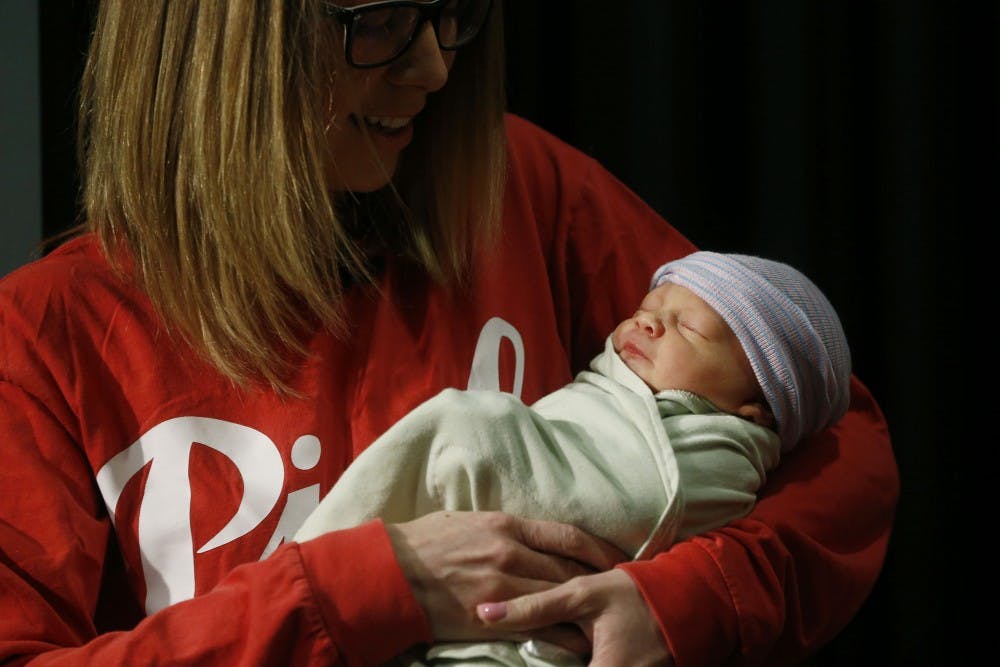In 1970, the average age for first-time mothers was a mere 21 years old. With that being said, only approximately 43 percent of women were earning two to four year degrees, whereas nearly 58 percent of men were doing so.
Today, the average age of a first-time mother is 26 years old. In retrospect, this gap was probably a result of the gender-related expectations of women still playing a prominent role in American society. In 1970, the average age of a married woman was just 20.8 years old, and when compared to the typical age of first-time mothers, it can be assumed that having children and building a family were both of higher priority than just about anything else.
While modern expectations regarding women still include producing offspring, the last 45 years of advancement have allowed women to decide to have children later on in life. Research done by T.J. Mathews of the Centers for Disease Control and Prevention suggests a correlation between the legalization of abortion, the decrease in teenage pregnancy rates and the increase of women pursuing higher education and entering the job force. I truly believe that the potential for earning a degree and becoming a successful piece of the economy plays an extremely convincing role in the decision to postpone pregnancy.
With the increase in gender equality, women are actually outnumbering men in college attendance, with nearly 59 percent of those pursuing degrees being women. The typical Master’s degree requires about six years of higher education (including an undergraduate degree), and even five years ago, 100,000 more American women than men held those degrees. The increase in female education has led to more than eight million businesses owned by women, which is no small feat considering the only expectation of a woman used to be that she keep a home.
As a female born at the very tail end of the 20th century, I am lucky enough to live, grow and learn on a relatively even playing field. However, when telling my peers, both male and female, that I intend to double major, and then pursue a law degree, they cannot understand why I would even want to continue my education.
I absolutely want a family. I want lots of kids, a husband and a house in suburbia — one day. I, like many American women, have been able to kick the baby-craze to the curb. I am going to finish my education, start my career and then settle down.
In light of women earning their rights as successful business people, companies such as Facebook have taken monumental steps to provide their employees with sufficient maternal and paternal leave. Thankfully, Facebook is not alone in updating their family-related policies, and the U.S. is better for that. Fathers are now able to take leave after their children are born, not only encouraging family bonding but also decreasing the gender roles involved in raising children.
While sexism still exists, women are managing to rise in the ranks of both the private sector and the corporate worlds. Those before me have trumped expectations and learned to prioritize themselves. Child bearing will always be a miracle, but a woman being powerful no longer has to be.
Related Links:
It's time to break gendered stereotypes in parenting
Partnership will promote women, gender studies in Armenia
Reach the columnist at Kendra.Penningroth@asu.edu or follow @KPenningroth on Twitter.
Like The State Press on Facebook and follow @statepress on Twitter.
Editor’s note: The opinions presented in this column are the author’s and do not imply any endorsement from The State Press or its editors.
Want to join the conversation? Send an email to opiniondesk.statepress@gmail.com. Keep letters under 300 words and be sure to include your university affiliation. Anonymity will not be granted.




